|
11/4/2018 0 Comments Thank You!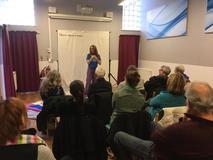 So, a little bit of a catch-up is needed. The workshops are going really well, the digital storytelling workshop produced some really good digital stories and in a surprisingly fast time. The participants, who had never done digital storytelling before, spent the morning refining their stories followed by a tutorial on how to use software. The afternoon focused on recording and editing until the finished pieces were ready to show to the group in the comments and what was produced was really positive. I'm also pleased to say the participants have now got into the full swing of journaling which is producing some really interesting data which looking I'm forward to analysing. The next workshop was the 1st to focus solely on oral storytelling. We did an exercise whereby the participants bought in a story from the local area and then told it to each other, we then swapped stories until their own story finally made it back to them in a rather altered state which created an interesting discussion about how stories change. But perhaps the biggest win of the week was yesterday's performance in Stony Stratford. 20 people turned up to be my audience which was a really nice number for the size of the room and telling to them was really comfortable they reacted well, and when I gave them opportunity to interact they fully participated. I was really pleased with the show, however we did have a few technical issues in that one camera (the older one) suddenly died halfway through the performance, and the second camera was obscured by an audience member who moved their seat to get a better view. I did succeed in getting an audio version of the entire performance and questions and answers session (the second camera giving up halfway through the questions and answer sessions). So aside from the technical gremlins it was a highly successful session with good feedback and questionnaires completed. 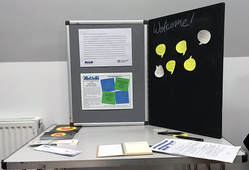 The questions and answer session raised some interesting enquiries about how modern stories differ from more traditional styles, and how our need for bite-size stories through social media and increasing time pressures in our daily lives has led to 2 very different styles of stories which was evident to the audience when they compared the folktales and histories to the urban myths and media stories. The former being longer and more poetic in language, the latter being shorter and not leaving much room for personal embellishment. We also spoke about how memories play a large part in creating modern stories and thusly generating sense of place so that even fairly new buildings and areas can quickly establish a sentimental attachment for some people. As a case in point we discussed a building known locally as the Point which is due to be demolished however it was the first multiplex cinema in the UK which was something that gave Milton Keynes a sense of pride when it first opened and is a place where a lot of people spent time with loved ones and so it has created a great deal of memories despite being part of the new town. We also discussed how using stories as intangible cultural heritage can help inform and create heritage of the future and that this, as well as trying to preserve heritage, is highly important in developing our social culture. I like to give a huge thank you to all of those who came and listened, asked questions, filled in questionnaires, and gave their feedback. You really have made a great deal of difference to my PhD. Thank you!
0 Comments
Leave a Reply. |
Terrie HoweySometimes known as storyteller Red Phoenix, Terrie has been a storyteller since 2004, and run her own storytelling and performing arts company since 2007. In 2016 she began a PhD in applied storytelling and heritage exploring how storytelling as heritage can impact on the sense of place experienced by residents in Milton Keynes in England. Archives
May 2019
Categories |
Search by typing & pressing enter
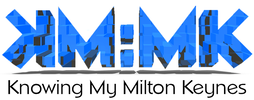
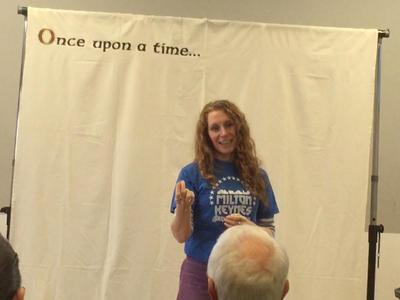
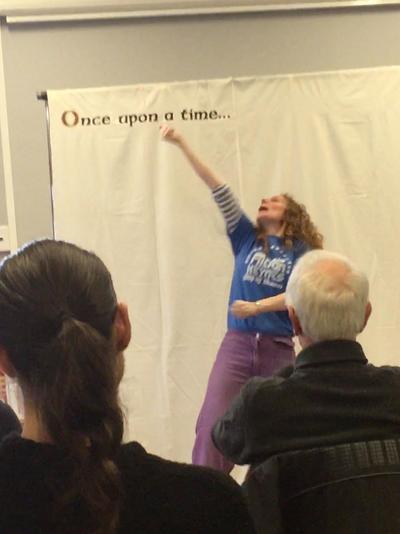
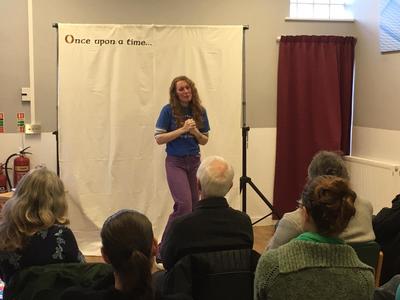
 RSS Feed
RSS Feed
